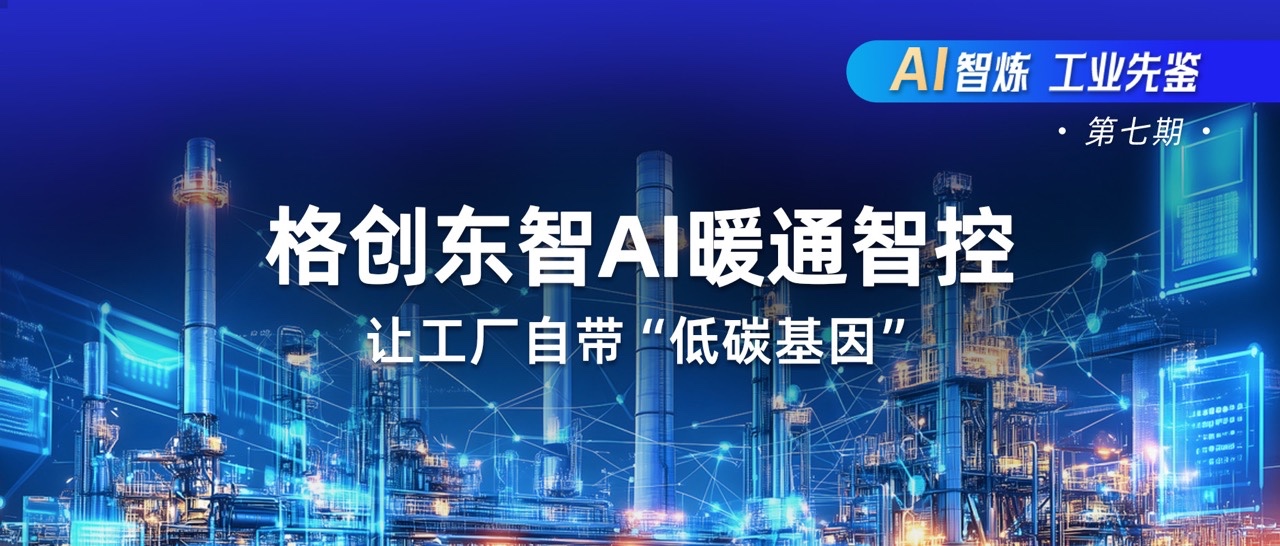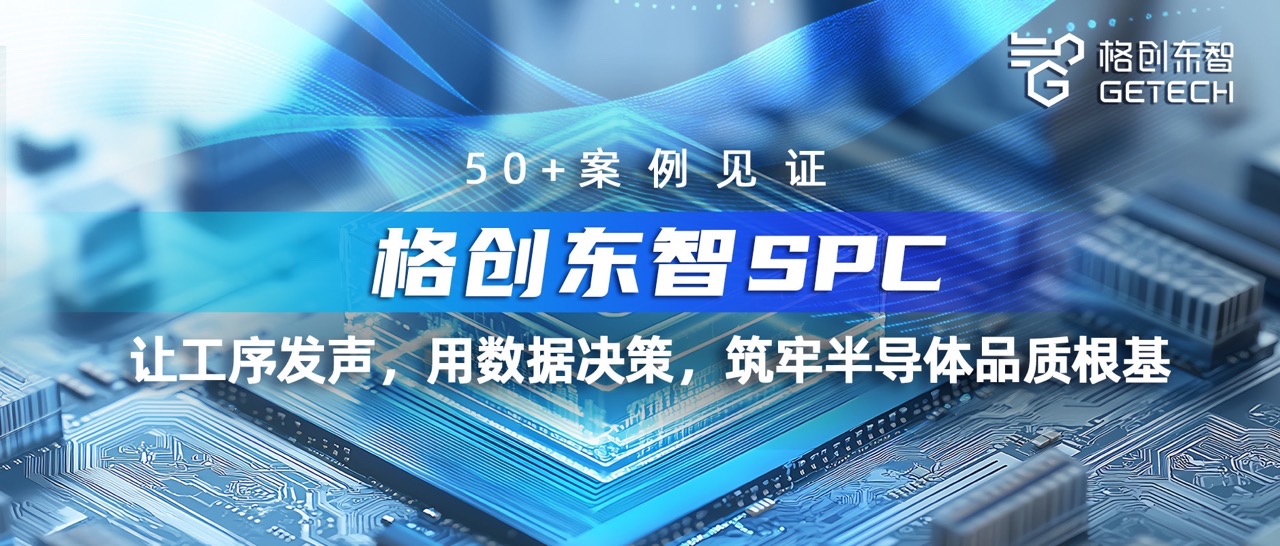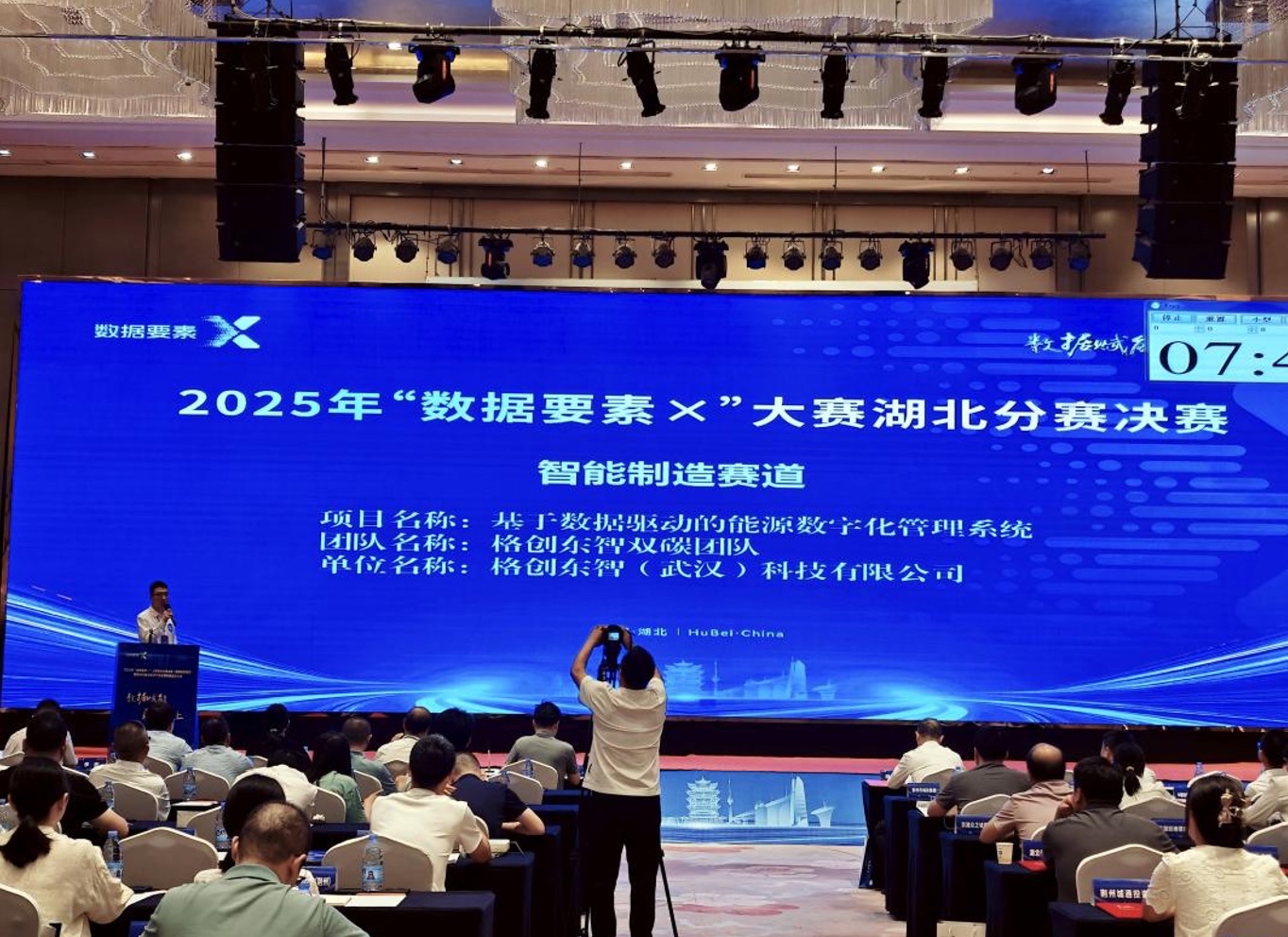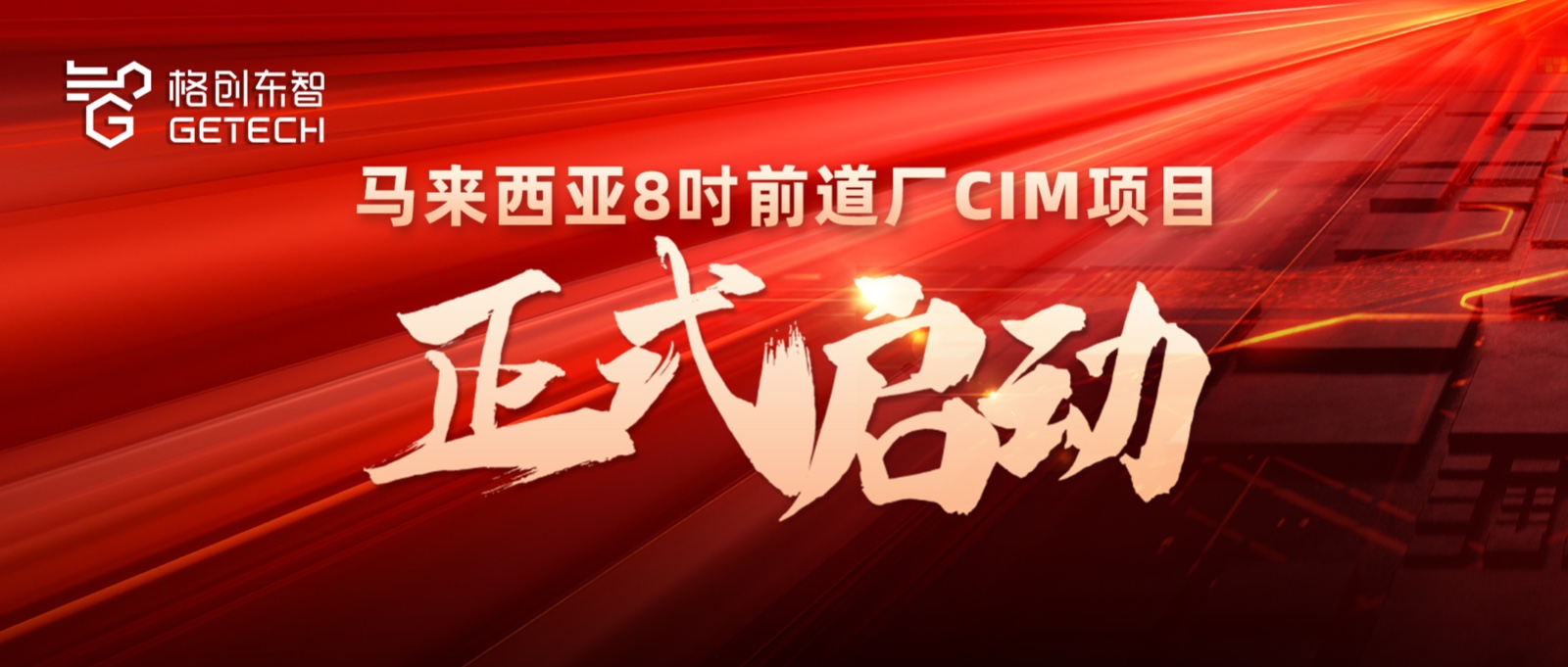TCL Founder and Chairman Li Dongsheng: Focusing on Digital-Real Economy Integration to Explore Practical Pathways for Advanced Manufacturing in Advancing New Industrialization
General Secretary Xi Jinping emphasized the need to focus on the real economy as the cornerstone of economic development and advance new industrialization. He also stressed the importance of accelerating the development of the digital economy, promoting the deep integration of the digital and real economies, and building internationally competitive digital industry clusters. As early as 2002, the 16th National Congress of the CPC proposed taking a new path to industrialization. Facing the new opportunities and driving forces brought by the new round of technological revolution and industrial transformation, the deep restructuring of global industrial and supply chains, the strategic connotation of new industrialization has become richer, and its core requirements clearer. How to grasp this strategic direction has become an era-defining question that China's manufacturing sector must answer. As a witness and practitioner of high-quality development in manufacturing, TCL has always been committed to advancing new industrialization and has successfully forged a unique development path.
Deeply Recognizing Digital-Real Economy Integration as the Key Path to Advancing New Industrialization
General Secretary Xi Jinping pointed out that in the new journey of the new era, achieving new industrialization is a key task for comprehensively advancing the building of a strong country and national rejuvenation through Chinese modernization. He emphasized combining the building of a manufacturing powerhouse with the development of the digital economy and industrial informatization. The deep integration of informatization and industrialization is a distinctive feature of new industrialization. Particularly, with the deep development of a new global round of scientific and technological revolution and industrial transformation, China is currently in a critical period for transforming its development model, optimizing its economic structure, and shifting growth drivers. While promoting the deep integration of the real economy and the digital economy, it is essential to profoundly grasp the era-defining connotations of new industrialization.
Comprehensive Application of Information Technology
Over 20 years ago, new industrialization emphasized using informatization to drive industrialization and industrialization to promote informatization. At that time, information technology struggled to economically and efficiently meet the full-chain industrial business needs from data collection, transmission, and processing to decision-making. With the breakthrough development of new-generation information technologies represented by 5G, cloud computing, AI, big data, and the industrial internet, economically effective technological solutions have been found for complex and diverse industrial scenario challenges. Technology innovation-driven development has become the core driving force for advancing new industrialization, marking the first new connotation of contemporary new industrialization.
Synergistic Development of Traditional and Strategic Emerging Industries through Integration
New industrialization emphasizes a dual approach: promoting the quality and efficiency improvement, transformation, and upgrading of traditional industries while actively fostering strategic emerging industries. On one hand, it is necessary to actively guide and support traditional industries to keep pace with the times, adopt cutting-edge digital-intelligent technologies, accelerate enterprise transformation and upgrading, and continuously enhance the market competitiveness of new products and services. On the other hand, strategic emerging industries and future industries with significant technological innovation potential, broad societal demand, and strong industrial driving power should be strategically planned and deployed to form new economic growth points. Enterprises should not only compete but also innovate collaboratively in R&D, production, and markets, creating synergies that pool strengths and accelerate the conversion of innovations, driving rapid iteration of industrial technology and industrial upgrading.
TCL CSOT built an intelligent supply chain network through digital systems. Module factories deployed in India and Mexico achieved a "30km supply cluster" for key materials, increasing panel supply efficiency by 40%. The image shows a TCL CSOT smart factory workshop.
Green and Low-Carbon as the Ecological Foundation of New Industrialization
Facing major challenges like climate change, environmental risks, and energy resource constraints, the importance of ecological civilization construction has been elevated to an unprecedented level. The concept that "lucid waters and lush mountains are invaluable assets" has taken root, and achieving harmonious coexistence between humans and nature has become a consensus across society. Green and low-carbon development is an inherent requirement of new industrialization and represents a major transformation in economic development models. Enterprises should actively introduce green technologies into production processes, improve resource utilization efficiency, effectively reduce negative environmental impacts, and achieve green industrial upgrading through technological innovation.
Exploring Practical Pathways for Applying New Industrialization in Advanced Manufacturing
The essence of new industrialization lies in using scientific and technological innovation as the core driving force to propel manufacturing towards high-end, intelligent, and green development, realizing a systemic reshaping of the development model. In this process, digital-real economy integration is not only a key lever for optimizing resource allocation and enhancing industrial efficiency, but also the core engine driving high-quality development in manufacturing and building global competitiveness. For technology manufacturing enterprises, relying on digital technologies to accelerate the deep integration of the digital and real economies will become a critical path to breaking industrial boundaries and achieving a leap in industrial value.
TCL has always been committed to exploring innovative practices in digital-real economy integration. By building an intelligent manufacturing system, optimizing supply chain collaboration, creating a global innovation ecosystem, and promoting green and low-carbon transformation, TCL accelerates the advancement of new industrialization.
Leading Digital-Real Integration with Intelligence, Accelerating Manufacturing's Advance to High-End
Intelligence is a crucial pillar of new industrialization. Intelligent means like AI, edge computing, and the industrial internet transform manufacturing from experience-driven production to data-driven, intelligent decision-making, enabling the leap from "manufacturing" to "intelligent manufacturing."
TCL has adopted "Intelligent Manufacturing" as its overarching technology strategy, building an industrial AI ecosystem covering three major fields: semiconductor display, smart terminals, and new energy photovoltaics. This has not only achieved a high degree of automation in production but also permeates the entire chain including R&D, quality control, and equipment maintenance, enabling real-time data collection, analysis, and optimization, empowering business and operational value creation. By 2024, this had generated economic benefits of 540 million yuan. TCL CSOT applied an AI intelligent inspection system in LCD panel production, precisely monitoring the production process to improve product yield. By intelligently optimizing equipment operating parameters, it increased production efficiency by 70% and improved product Cpk (process capability index) by 11%. TCL Industrial uses AI technology for smart product innovation, employing AI algorithms to enhance TV picture and sound quality for a better user audiovisual experience. The "Blue Wings" AI sleep air refresh technology uses AI sleep cruise sensing to dynamically adjust the sleep environment, potentially reducing air conditioner power consumption by up to 40%.
Building a Smart Supply Chain to Drive Extreme Cost Reduction and Efficiency Improvement
The competition among modern manufacturing enterprises is essentially competition between supply chains. Building an efficient and agile supply chain system is the foundation for the survival of high-end manufacturing and the basis for the success of the entire Chinese manufacturing system.
TCL, with digital-real integration at its core, has built an end-to-end smart supply chain system, comprehensively enhancing the collaborative efficiency from raw material procurement and production to logistics and distribution, achieving extreme cost reduction and efficiency improvement, and building core enterprise competitiveness. TCL CSOT established an intelligent supply chain network through digital systems. Module factories in India and Mexico created a "30km supply cluster" for key materials, increasing panel supply efficiency by 40%. TCL Air Conditioner's Wuhan factory developed and designed a 5G + digital supply chain production-supply collaboration platform, connecting over 300 suppliers for real-time scheduling. This further improved production efficiency, reducing raw material inventory by 10% year-on-year, inventory capital by 30%, increasing on-time delivery by 15%, and significantly lowering procurement costs. TCL Talesun leveraged the DeepBlue AI model to deeply integrate its technology platform with intelligent production lines, improving product consistency and quality efficiency, greatly reducing operating costs, increasing per capita labor productivity by 200%, single-machine production efficiency by 150%, leading silicon wafer yield by 4%, and leading product quality parameter consistency by 33%.
Reshaping the Industrial Chain Ecosystem with Digital-Intelligent Technologies to Enhance Resilience
Against the backdrop of deep adjustments in the global industrial landscape, competition in manufacturing has shifted from single-point technological breakthroughs to the collaborative optimization and systemic upgrading of the entire industrial chain. The deep application of digital technologies can help enhance the self-sufficiency and controllability of the industrial chain, endowing it with greater flexibility, adaptability, and risk resistance. Building end-to-end data closed loops through industrial internet platforms enables visualized control from raw material procurement to end sales. Utilizing AI technology to optimize production scheduling significantly improves supply chain response speed.
Currently, TCL supports the construction of three major pan-semiconductor supply chains through digital technology: a semiconductor display supply chain covering all categories, sizes, and scenarios; a new energy photovoltaic supply chain leading the trends in large size, thinning, and high efficiency; and an intelligent manufacturing supply chain integrating "AI + industrial software + intelligent equipment" (hardware-software integration). TCL CSOT actively responds to national strategy, addressing the insufficient localization rate of core upstream materials and high-end equipment in the new display industrial chain by building a technological innovation collaboration platform. Empowered by digital quality management, it has accelerated the localization process of key new display materials. TCL Industrial independently built a large supply chain collaboration platform, creating a shared ecosystem of digital software and technology platforms with high-quality chain partners. Real-time platform data enables online collaboration with nodes such as raw material suppliers and logistics service providers across the country, ensuring the smooth operation of the industrial and supply chains.
Promoting New Industrialization through Open Collaboration to Build a Global Innovation Ecosystem
Current global industrial innovation presents three major characteristics: pressure from shortened innovation cycles accelerating technological iteration, business model changes catalyzed by cross-border integration, and industrial restructuring triggered by the green and low-carbon transition. Facing increasingly fierce global competition, going it alone is no longer sufficient to meet market demands. Only through industrial chain collaboration, integration of industry, academia, and research, and integration of global resources can we build an open and inclusive innovation ecosystem, injecting continuous innovation momentum into new industrialization. In this context, enterprises need to build a "trinity" collaborative innovation system: vertically breaking down technical barriers between upstream and downstream of the industrial chain, horizontally crossing innovation boundaries across disciplines, and externally integrating global high-quality innovation resources, forming an ecosystem where innovation elements flow efficiently and innovation results are rapidly converted.
Over the years, TCL has actively laid out core industries such as smart terminals, semiconductor display, and new energy photovoltaics, building a multi-dimensional global innovation network. Since the launch of TCL's global ecological cooperation development strategy, the "Sunrise Plan," in 2021, it has facilitated the establishment of over 20 joint laboratories, secured strategic cooperation with over 40 institutions, promoted over 120 joint R&D projects, and driven the formulation of over 130 standards, significantly enhancing the voice of Chinese enterprises in global industrial standard setting. In the semiconductor display field, TCL CSOT, driven by the dual engines of "independent innovation + international cooperation," formed joint laboratories with top global enterprises like Samsung, Sony, Lenovo, Xiaomi, and CVTE to jointly develop cutting-edge display technologies and diversified product solutions. In the new energy photovoltaic industry, TCL Talesun collaborates with overseas enterprises to build photovoltaic power stations, promoting global green energy development. In the smart terminal sector, TCL Industrial built a "Hardware + Software + Content + Service" all-scenario open ecosystem, co-establishing an AIoT innovation platform with Google and Amazon, and cultivating innovative applications with the global developer community. This open collaborative innovation model is forging TCL's global competitiveness for the future.
Leading with High-Quality Development to Be a Pioneer in Advancing New Industrialization
Facing the dual challenges of deep global industrial chain restructuring and low-carbon transition, enterprises must firmly grasp the primary task of high-quality development, seize technological high ground through innovation breakthroughs, enhance industrial chain resilience through digital-real integration, expand development space through global layout, and deepen the ecological foundation through green transformation. This requires enterprises to not only leverage their own strengths but also address weaknesses from the perspective of the entire industry, bravely acting as pioneers of new industrialization in technological innovation, ecosystem building, and open cooperation, injecting stronger momentum into China's economic transformation and upgrading.
Persist in Technology Innovation-Driven Development, Deepen Breakthroughs in Original Technologies, and Build Core Competitiveness
Currently, China's manufacturing industry is in a critical transition period from scale expansion to quality improvement. Under the dual pressures of global industrial chain restructuring and accelerated technology iteration, homogeneous competition has become a prominent bottleneck constraining high-quality industrial development. For latecomer countries to achieve industrial leaps, they must break the path dependence of technological imitation and shift to a development model driven by independent innovation. Especially in the context of the new industrial revolution characterized by the rapid evolution of disruptive technologies like AI and quantum computing, technological innovation is not only the endogenous driving force for enterprise development but also a strategic fulcrum for national participation in global competition.
TCL deeply understands the laws of technological innovation, making R&D its core strategic pivot, with an average annual R&D investment of 14 billion yuan, higher than the manufacturing industry average. By building a three-level innovation system of "applied research - frontier exploration - industrial conversion," TCL has achieved key transitions from follower to leader in fields like quantum dot displays (QLED), printed OLED (organic light-emitting diode), and photovoltaic N-type silicon wafers. As of 2024, TCL has applied for over 110,000 patents cumulatively, including 18,000 PCT international patents, ranking among the global leaders in patent reserves in display technology.
In the Industry 4.0 era, intelligent manufacturing has shifted from single-point technology application to systematic and ecological development, urgently requiring the establishment of open and shared transformation methodologies and practical platforms. The image shows the TCL Talesun ingot production workshop.
Looking ahead, TCL will anchor the development path of deep integration of "Innovation Chain - Industrial Chain - Value Chain": On one hand, it will strengthen investment in basic research, co-building joint laboratories with top research institutions to focus on breakthroughs in foundational technologies like new display materials and AI-driven intelligent manufacturing. On the other hand, it will improve innovation incentive mechanisms, striving to achieve "zero-to-one" breakthroughs in frontier technology fields like Micro-LED and printed display. This innovation ecosystem, centered on original technologies and guided by market demand, will propel the enterprise from a technology applier to a standard setter, ultimately forming a global competitive advantage defined by "technology defining products and innovation leading markets."
Output Benchmarking Experience, Build New Models for Industrial Empowerment, and Lead Collaborative Development in Intelligent Manufacturing
Against the backdrop of accelerating digital transformation in global manufacturing, leading technology enterprises not only need to complete their own intelligent upgrades but also shoulder the important mission of promoting the overall leap of the industrial chain. As dominant enterprises in their industries, their technology spillover effects and model demonstration effects can significantly reduce the transformation costs for upstream and downstream partners, forming a "point-to-area" collaborative development pattern. In the Industry 4.0 era, intelligent manufacturing has shifted from single-point technology application to systematic and ecological development, urgently requiring the establishment of open and shared transformation methodologies and practical platforms.
TCL profoundly grasps this trend. Through its subsidiary GTRONTEC, it has built the industry-leading GTRONTEC Industrial Application Intelligence Platform. This platform deconstructs TCL's accumulated digital transformation experience in complex manufacturing scenarios like semiconductor display and smart terminals into reusable industrial mechanism models, intelligent algorithm components, and standardized solutions. Currently, the TCL GTRONTEC Industrial Application Intelligence Platform has been promoted to over 20 subdivided sectors, helping hundreds of large manufacturing enterprises build comprehensive digital-intelligent factories. In the future, TCL will continue to deepen its platform openness strategy, focusing on breakthroughs in key technologies like industrial AI large models and digital twins, providing more forward-looking transformation paradigms for high-quality manufacturing development, and fulfilling the industrial mission of leading enterprises in the process of new industrialization.
Deepen Global Industrial Layout, Build a New Dual-Circulation Development Pattern, and Lead the Global Leap of Chinese Manufacturing
Against the backdrop of global value chain restructuring and accelerated regional economic integration, China's manufacturing industry is facing a strategic transformation from "product going global" to "industry going global." The competitive advantage of multinational corporations has shifted from singular cost efficiency to comprehensive competition based on global resource allocation capabilities and localization innovation levels. As a pioneer in the globalization of Chinese manufacturing, TCL, through 25 years of internationalization practice, has successfully built a multi-dimensional development model of "globalized R&D, localized manufacturing, and regionalized marketing," forming a global innovation network encompassing 46 R&D centers and 38 manufacturing bases, with business radiating to over 160 countries and regions. Looking ahead, TCL will focus on advancing three major strategic initiatives: First, exporting intelligent manufacturing, introducing mature industrial internet platforms and smart factory solutions verified in China to overseas bases in countries like Vietnam and India, creating a "China standard, global replication" intelligent manufacturing paradigm. Second, technology collaborative innovation, establishing a global R&D data middle platform to achieve knowledge sharing and collaborative research among R&D centers, focusing on breakthroughs in frontier areas like AI and green manufacturing. Third, co-building an industrial chain ecosystem, forming industrial innovation alliances with local leading enterprises and universities to promote the deep integration of Chinese technical standards with local industrial needs. Through this development model of "global layout, local deep cultivation," TCL will enhance its competitiveness in global markets and contribute to China's manufacturing in building a new "dual-circulation" development pattern.
Promote Green and Low-Carbon Industrial Transformation to Achieve Sustainable Development
Promoting green and low-carbon industrial development is the essential path for high-end manufacturing to move towards high-quality development. It concerns not only the survival and development of enterprises but is also a crucial measure for addressing global climate change and achieving harmonious coexistence between humans and nature. High-end manufacturing should seize the opportunity presented by green and low-carbon development to accelerate technological innovation and industrial upgrading, contributing wisdom and strength to global sustainable development, and opening a new chapter from "high-carbon manufacturing" to "green intelligent manufacturing." TCL adheres to the concept of sustainable development, integrating Environment, Social, and Governance (ESG) into its corporate strategy. Focusing on deploying green industries, innovatively building green factories, comprehensively constructing a green industrial chain, and empowering green transformation with digital technology, TCL drives energy conservation and consumption reduction across the entire industrial chain. By the end of 2024, 25 companies under TCL Industrial and TCL Technology had obtained ISO14001 environmental management system certification, with 15 national-level green factories and 5 provincial-level green factories, achieving significant results in energy conservation, emission reduction, and green development, contributing to the nation's "dual carbon" goals.
Facing the current wave of rapid digital economic development, China's manufacturing sector must seize the opportunity, deeply promote the integrated development of the digital and real economies, and open up new development space. This requires not only top-level design at the national level but also the concerted efforts of the entire industrial chain upstream and downstream. In the future, TCL is willing to strengthen cooperation with enterprises to drive the transformation and upgrading of China's manufacturing industry through digitalization, contributing to the realization of new industrialization and the promotion of high-quality economic development.





